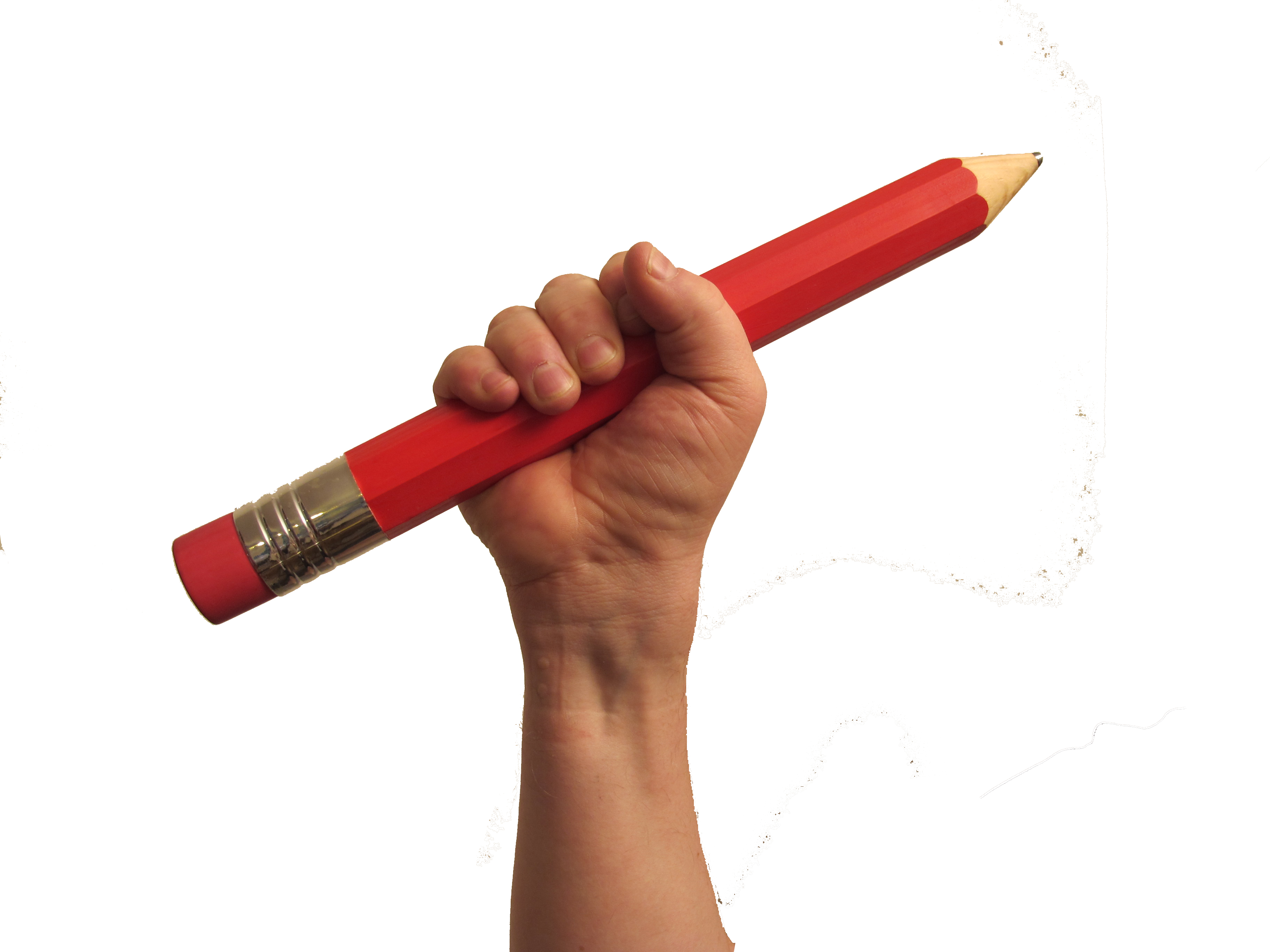#defendpressfreedom

In Hollywood blockbusters (and countries run by despots) attacks on the free press see journalists dragged to prison, presses smashed and tv stations forcibly shut.
In Britain’s liberal democracy, undermining our ability to investigate, and to express freely what we find, takes different forms. And three pieces of legislation before the Westminster parliament this week are as deadly, and certainly more insidious, than bully-boy secret policemen and arbitrary edicts shutting down newspapers.
First – the Investigatory Powers Bill will allow the police to track who a journalist has met with, spoken to and exchanged electronic communications with. The Police will be able to do this for their own purposes or when acting on behalf of public authorities. They will be able to do so in secret – as a result, journalists will have no idea that their communication data has been seized and will be denied the opportunity to oppose before a judge applications and thereby protect a source. Despite concessions secured by the NUJ and others, the safeguards for journalists in the Bill don’t go far enough – inevitably this law will be misused, as its predecessors have been on numerous occasions, such as here, here and here. The NUJ has produced a full briefing on this Bill.
Second, a clause in the Digital Economy Bill will make a criminal offence the passing on of information that has not been ‘authorised for sharing’. What journalist has not been given internal documents by a whistleblower to provide the basis for a story about corruption, bad employment practices or wasted public money? In future, both journalist and whistleblower will risk criminal prosecution.
And finally there is the Police and Crime Bill is intended to make possible the prosecution of stalkers. Its implications for journalism, particularly photography, however, are chilling. It would criminalise taking multiple images of a person without their permission. There is a public interest defence but, as the amendment is currently framed, an individual photographer might potentially be arrested and thrown in the cells before having the chance to make the case that their work was legitimate. If the subject of the photography were wealthy and powerful, a photographer could find themselves pleading their case from behind bars, in the face of expensive lawyers trying to prolong their incarceration.
The NUJ, other groups and our parliamentary allies, have been working on these Bills for several months and have obtained some significant concessions. None go far enough however for a free press to be assured.
Unless legislators hear our protests and unless they can see that there is a constituency that will defend press freedoms, then in the coming years these new laws will be used to keep secret corruption, intimidate those who would shine light into dark places and lock up those who would expose the misdeeds of the powerful.
I urge you now, if you care about press freedom, and the ability of journalists to do their work, email your MP now, whatever party they represent, and call on them to speak up for your interests and the interests of all journalists.
For more information on any of these Bills, either contact me directly or email: campaigns@nuj.org.uk